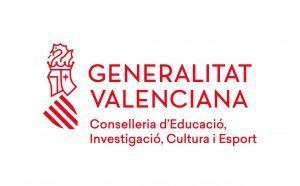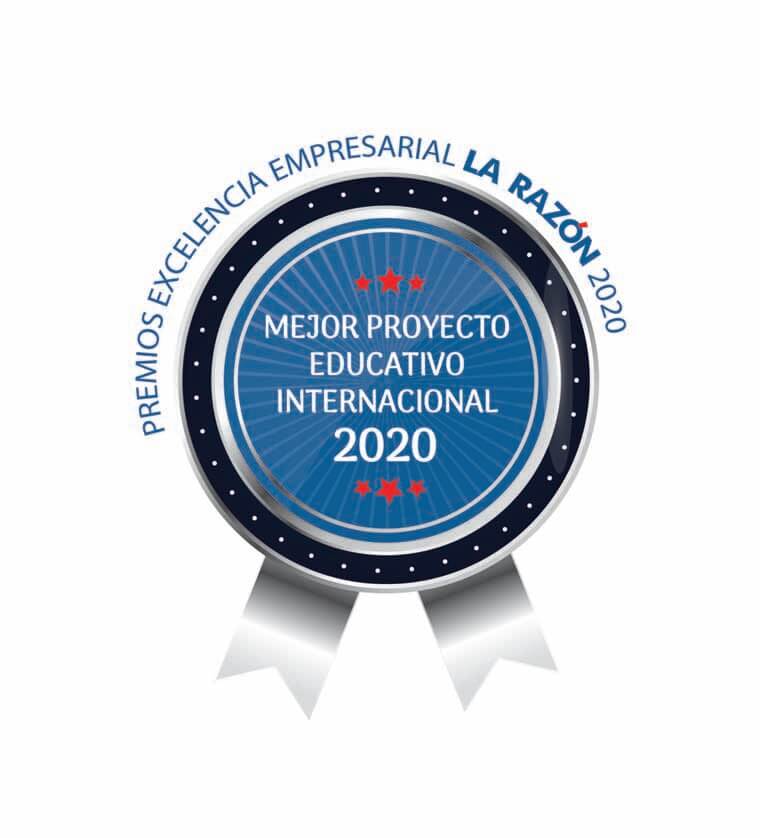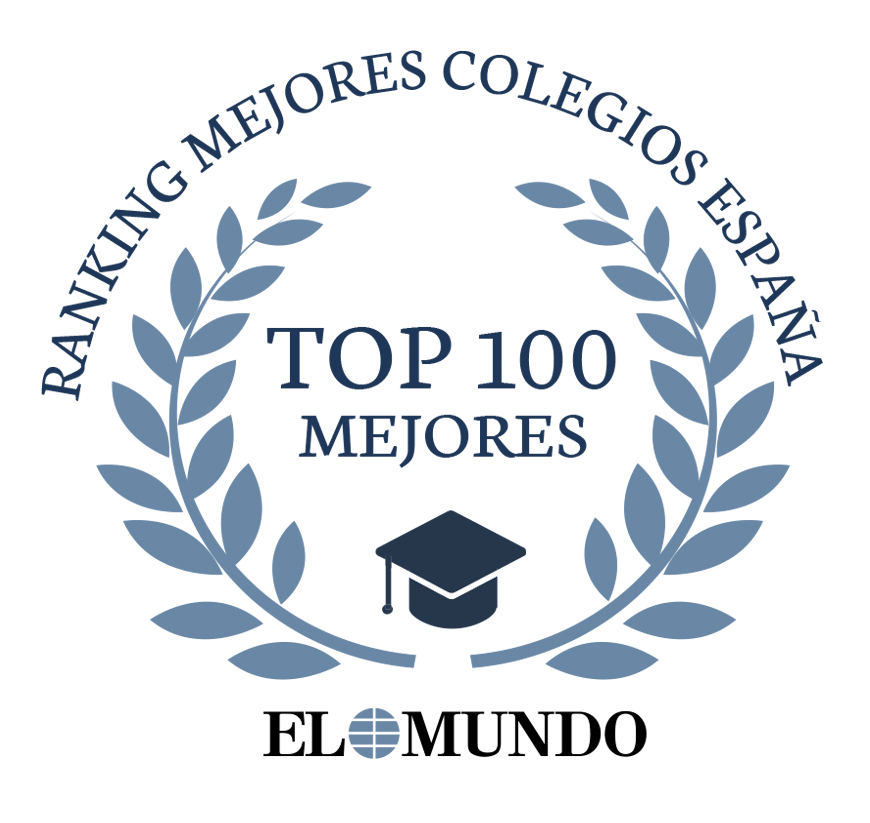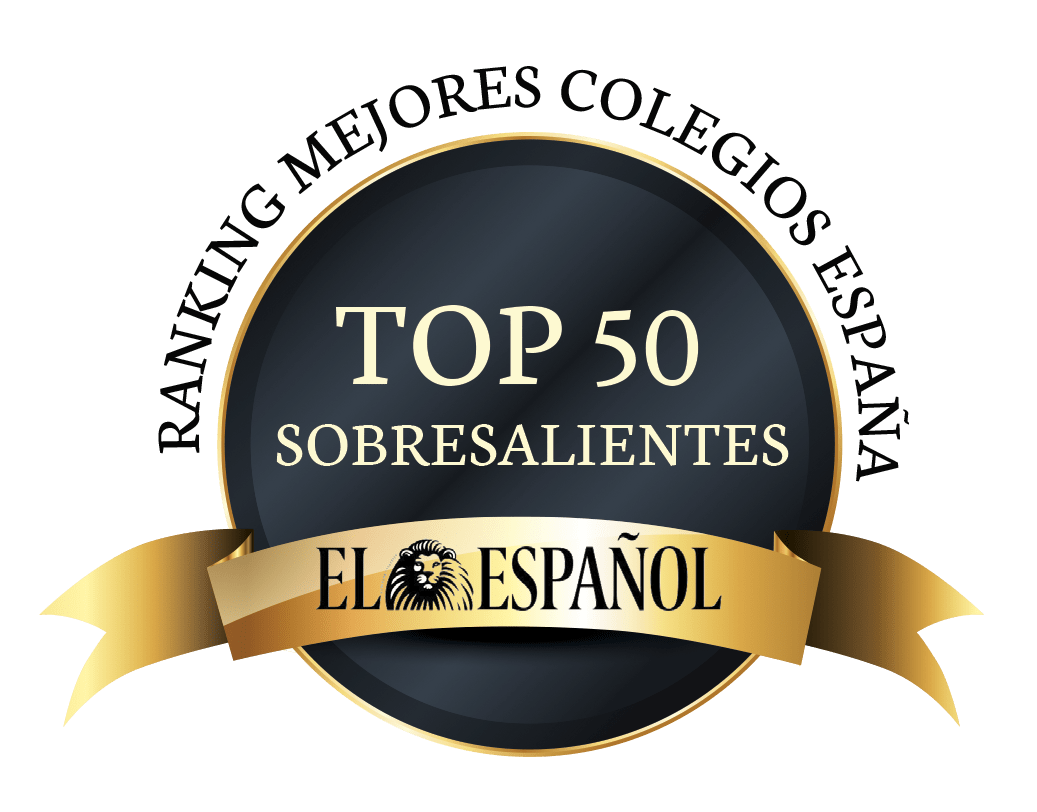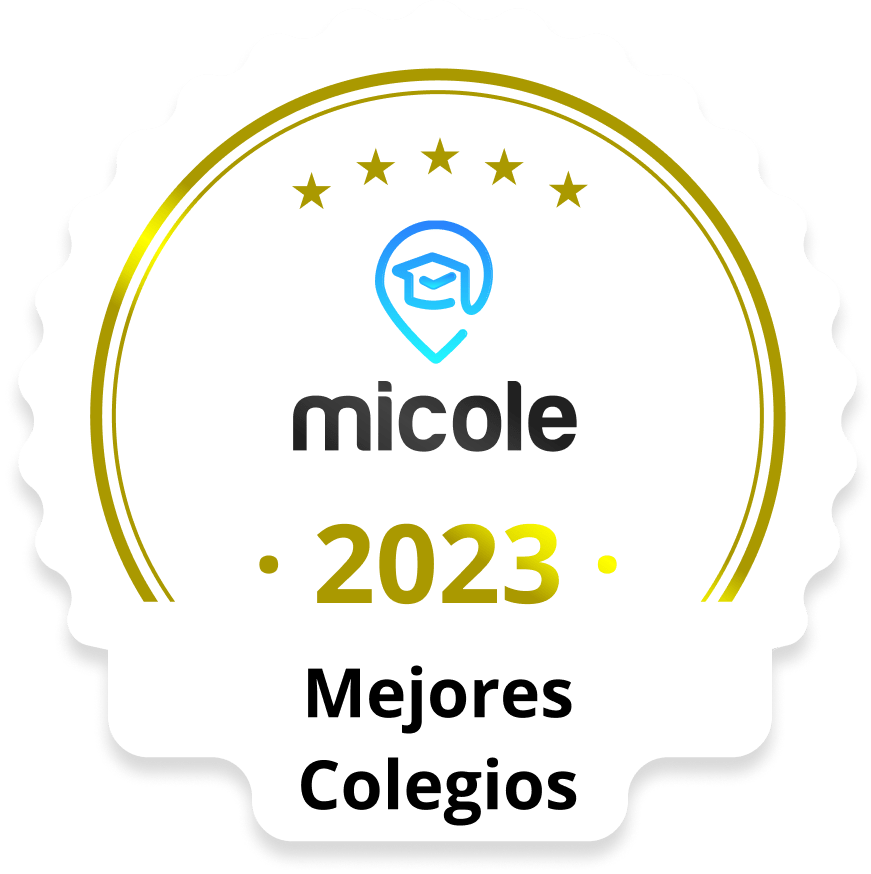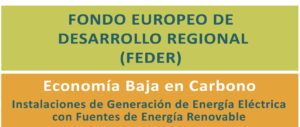Sapiéncia NC 23 Awards
This past year our students presented scientific research related to the disciplines of Physics, Biology, Environmental Sciences, Mathematics, etc. and were awarded the following prizes:
Second prize in the area of Physics, Chemistry and Mathematics with the project presented by Hugo Vives under the title “The effect of vibrational frequency on motion down a sloped plane”.
First runner-up in the Engineering and Technology category, with the project by Jia Jia Jiang’s project entitled “To what extent is it possible to use air conditioner leakage for watering and maintaining a vertical garden?
Third runner-up in Physics, Chemistry and Mathematics was Wei Jun Zhou Chen’s project, “Neutralization of ant venom”. In this case, the project was directed by Ariadna Pérez Balaguer.
A total of 30 research projects from the Valencia Region competed for the Sapiència Awards to awaken scientific vocations among 4th ESO and Baccalaureate students.
These awards, which are celebrating their third edition, are financed and organised by the Regional Ministry of Education, Universities and Employment and the Network of Valencian Universities for the promotion of Research, Development and Innovation (RUVID). The awards will be announced tomorrow at a ceremony to be held at the Paranimf of the Universitat Jaume I in Castellón.
The 30 finalist teams have been selected by the jury of experts made up of 84 professors and researchers of recognised prestige from Valencian universities and the Spanish National Research Council.
Until 6 November, the 30 finalist projects were submitted to the criteria of the public, who were able to vote through the Sapiencia Premis website, as well as watch the videos presenting the projects. The project with the most votes will receive the public prize, which will be complementary to any other prize received.
During the event, which will be broadcast online, the authors of some of the top-rated projects in each thematic area will present their work publicly, and the institutional jury will be responsible for awarding them the special prize for the best research project and the prize for the best oral presentation, both of which are additional prizes to those awarded in their different categories.
The 30 finalists include six projects for each subject area: Arts and Humanities; Social and Legal Sciences; Earth and Life Sciences; Physics, Chemistry and Mathematics and Technology and Engineering; and have been submitted by a total of 25 schools in the Valencia Region. A total of 33 prizes will be awarded, consisting of a total of 70,000 euros, financed by the Directorate General for Science and Research of the Regional Ministry of Education, Universities and Employment of the Generalitat.
In each area there will be 3 runners-up prizes worth 500 € for authors and 500 € for tutors; a third prize worth 1,500 € for authors and 500 € for tutors; a second prize worth 3,000 € for authors and 500 € for tutors; and a first prize worth 4,000 € for authors and 1,000 € for tutors.
As for additional prizes, the public prize is valued at €500 for the authors; the prize for the best oral presentation during the congress is valued at €500 for the authors and the special prize for the best research project is valued at €1,500 for the team, authors and tutors.
The schools with finalist projects in this edition were the following:
For Alicante: IES Xixona; IES Pedro Ibarra; IES Tirant lo Blanc; Newton College (3 finalists); IES Tháder (2 finalists); IES La Torreta; IES Teulada; IES Andreu Sempere (2 finalists).
For Castellón: Col.legi Santa Maria.
For Valencia: IES Benicalap; IES Campanar; IES Juan de Garay; IES Joanot Martorell; IES Cid Campeador; IES Rascanya-Antonio Cañuelo; IES Malilla; Centro Educativo Gençana; IES La Canyada (2 finalists); Colegio San José De La Montaña; IES Joan Fuster; IES Enric Valor Silla; IES Jaume I Ontinyent; IES Pere Boïl; IES Dr. Peset Aleixandre and Complejo de la Música. Peset Aleixandre and Complejo Preuniversitario Mas Camarena.



